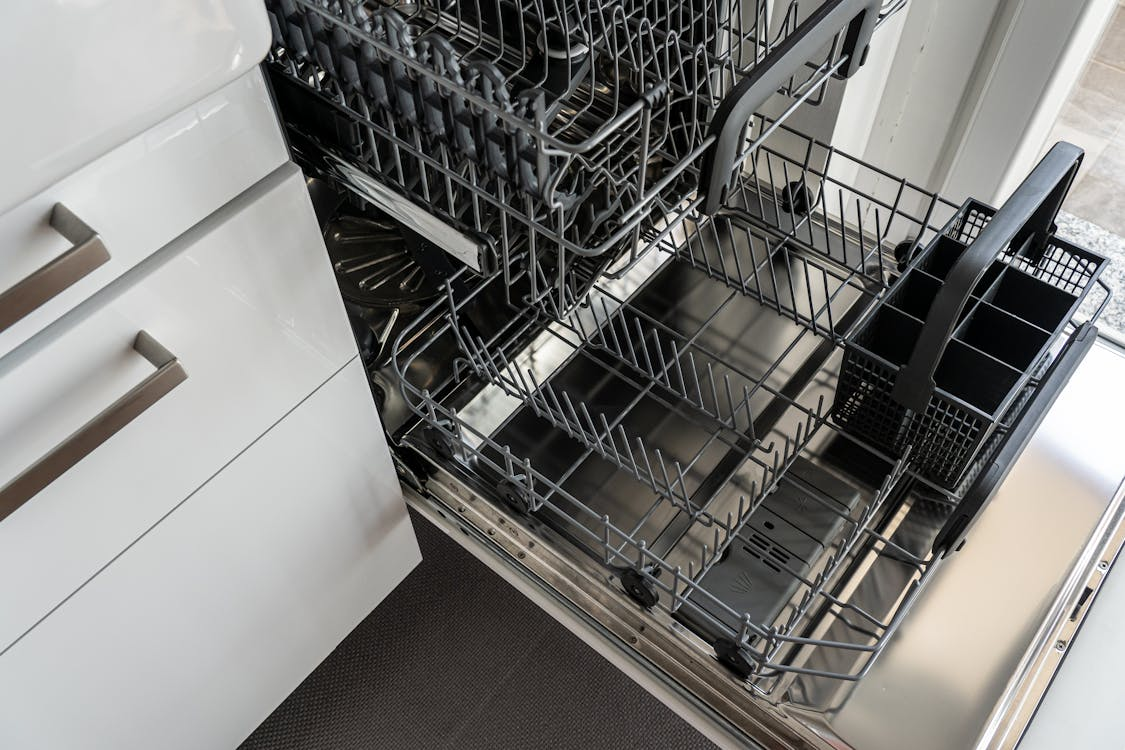Photo by Castorly Stock from Pexels
Every piece of technology has to go through a period of degradation. Just like everything else in life, home appliances can’t last forever. However, some homeowners can preserve the lifespan of their equipment. They could for years without upgrading appliances such as the refrigerator and the dishwasher.
You wouldn’t want to buy new devices every four years or so. Imagine the money you could save when you have appliances that could still function past the warranty period. All it takes is knowing how to take good care of them. Here’s a simple list of tips to help you get started on that:
1. Regular Cleaning and Maintenance
You can never go wrong with keeping appliances in good shape and finding out if they’re still functioning properly. To avoid having to buy new equipment for your home, make sure to give everything a much-needed checkup. Much of the maintenance procedures for certain appliances you can deal with on your own.
There’s always a crash course on Furnace Maintenance 101 if you want to check the performance of your heating system. Be sure to follow a prescribed schedule on how frequently you should check your appliances for issues that may worsen if you leave them.
2. Proper Usage
In most cases, appliance degradation can be the result of improper installation and usage. Everything from your coffee maker to your waste disposal comes with instructions that, when religiously followed, can help prevent mechanical issues that may lead to further damage.
You can also extend the lifespan of most appliances if you avoid plugging them into defective or overloaded sockets. If you have equipment that generates heat such as an induction range, avoid keeping it on for long periods. It’s also important to follow the maximum capacity set by the manufacturer. If your brand allows only a maximum of five cubic feet, keep the capacity at around 80% of the maximum load to slow down wearing and tearing.
3. Effective Storage Environment
Some appliances are more likely to degrade when they’re kept in less than satisfactory storage environments. Appliances are more likely to have their lifespans reduced when they’re exposed to direct sunlight, but storage areas that are dusty and humid are just as fatal.
Dark and damp storage areas can also cause mold formation in addition to exposing circuitry to rodents that could chew on the wires. To mitigate this, store your appliances in places prescribed in the manufacturer’s manual. If you’re using self-storage units or transporting appliances to a new location, make sure to detach moveable parts and pack everything properly before leaving.
4. Timely Repairs
Minor issues in appliances are easy to overlook, but while they might seem negligible, these issues should be addressed before they get worse. For instance, a small cut in the wiring of a device may become even more severe the more often you use it.
Constant pulling and tangling could render this small issue into one that has the potential to cause a household fire. The same could be said if you have gadgets that are prone to water damage or have been damaged by a short circuit. The earlier you deal with these problems, the longer your appliances will last.
Endnote
With household appliances becoming more expensive each year, you wouldn’t want to replace existing ones now and then. Consider these tips that will allow your appliances to survive past their manufacturers’ expectations.

